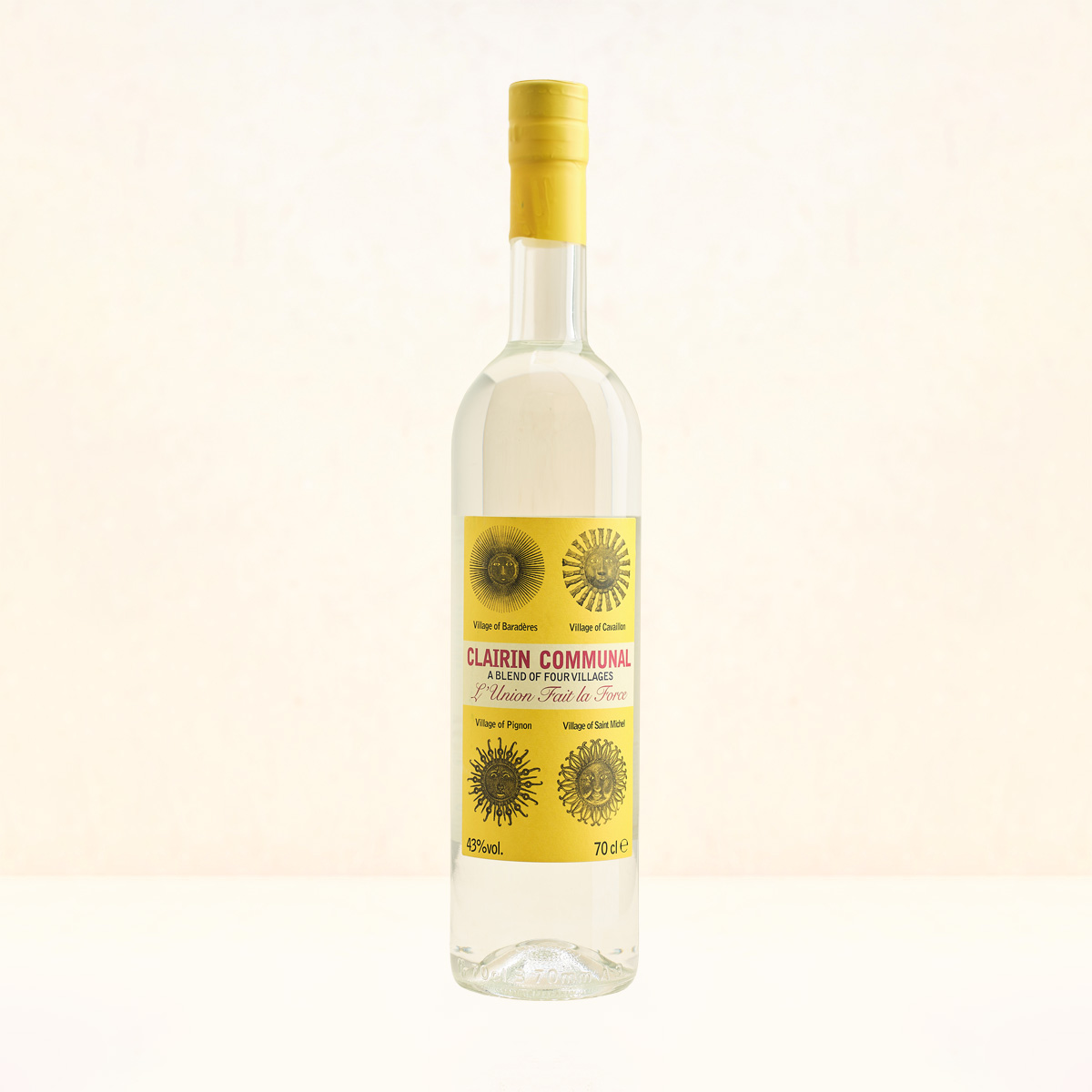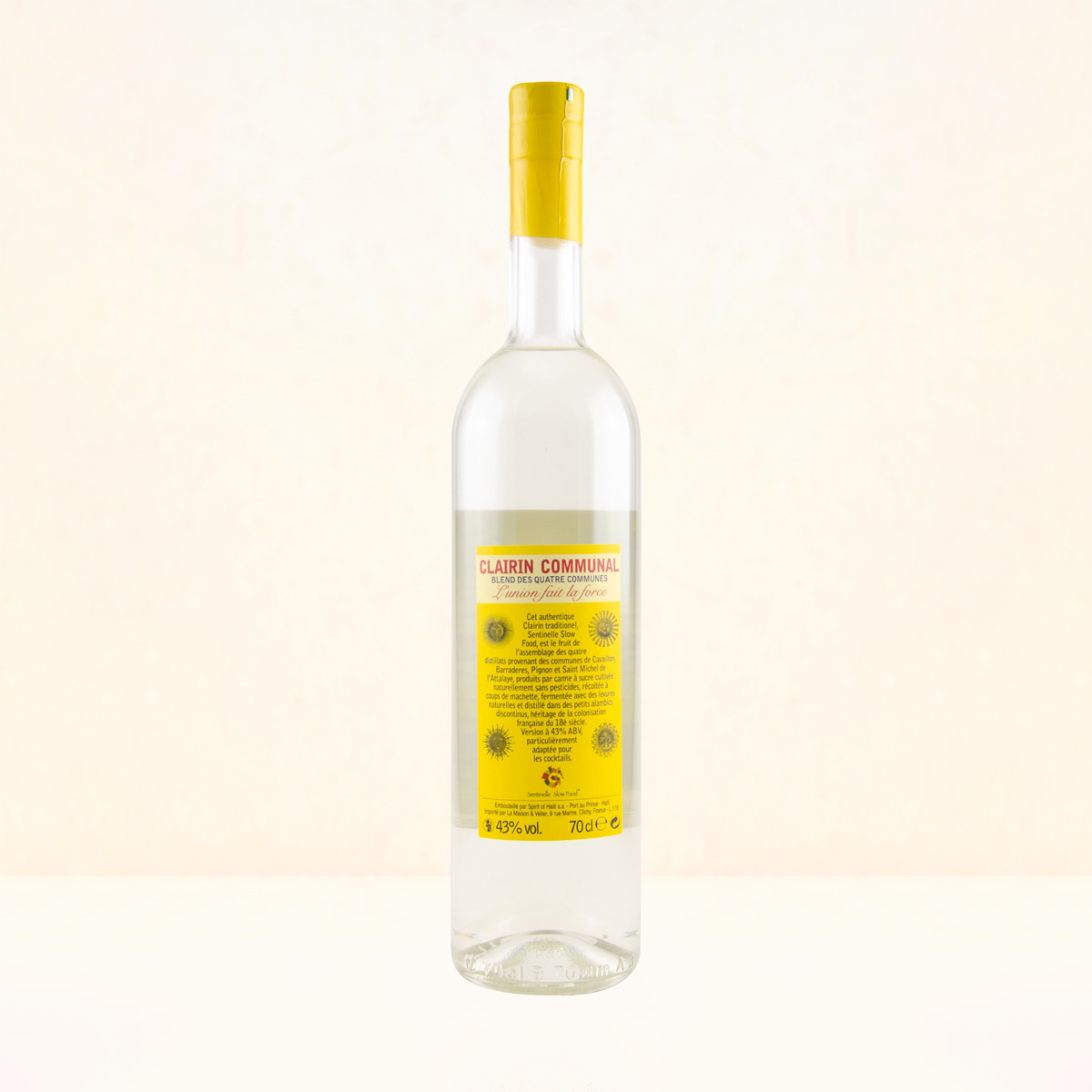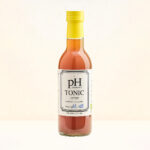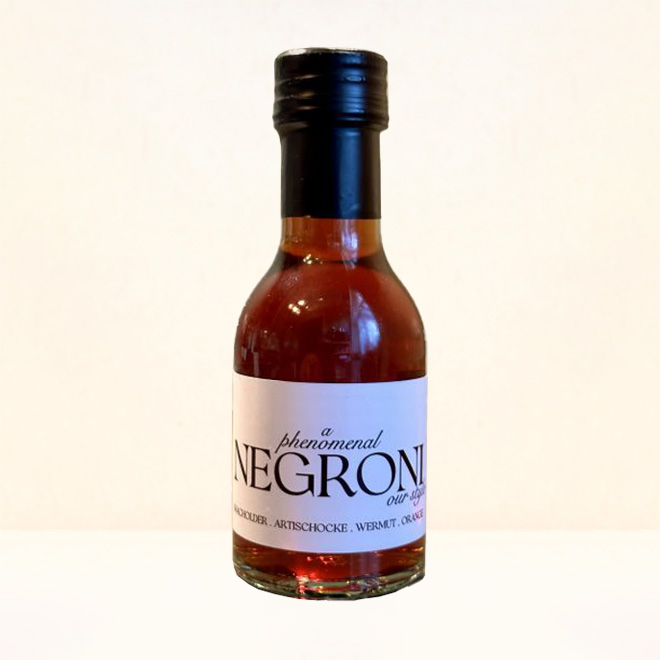Description
A great new discovery: a rum that also goes well with tonic.
I admit that I have always found the combination of rum and tonic difficult or even bad. In my opinion, the combination tickles the medicinal notes out of both drinks, which I don’t really like. With the Clairin Communal, however, I was proved wrong.
In addition to the fresh lightness of the sugar cane juice, this Clairin also has exciting vegetal tones that combine wonderfully with pHenomenal Tonic. As expected, this fine light rum works great with pHenomenal Ginger, and Clairin can also be used to mix outstanding daiquiris. (Attention blasphemy!) We have even made a martini with it.
Clairin is a Rhum Agricole, a rum made from pure sugar cane juice (instead of molasses diluted in water like Rhum Industriel). Fresh sugar cane juice is spontaneously fermented with wild yeasts during production and then distilled over a fire with small copper stills.
The following companies supplied their traditional, typically Haitian distillates for the blend: Clairin Vaval from Cavaillon, Clairin Casimir from Barraderes, Clairin Le Rocher from Pignon and Clairin Sajous from Saint Michel de l’Attalaye.
Sugar cane juice has been distilled in the Caribbean for over 300 years. The sugar cane plantations used to be worked by slaves and the rum was exported from the colonies as a valuable commodity. While there are fewer than 50 distilleries operating in the rest of the Caribbean today, over 500 small artisanal distilleries are still in operation in Haiti alone. They stand out proudly in the countryside and are easily recognizable by their smoking chimneys.
Haiti was the first colony in which the slaves successfully rebelled in 1791, inspired by the ideals of the French Revolution and the Declaration of the Rights of Man and of the Citizen, and gained their freedom and independence for the country in 1804. An extortionate treaty with France, which threatened to subjugate Haiti again in 1825 if extensive compensation was not paid to former plantation owners in return for the final recognition of Haiti as an independent state, marked the beginning of the economic decline of what was once the most successful colony to one of the poorest countries in the world. For decades, Haiti paid France a total of 90 million gold francs. Apart from occasional delays in payment, the sum was actually paid off in full by 1883. However, the country was repeatedly forced to take out loans on extremely poor terms to service these installments, so that the sum was not effectively paid off until 1947.
Haiti has endured a long period of isolation, which has, however, also helped to preserve its traditions, rituals and unique gastronomy.
Sugar cane, which has formed the basis of the country’s economy for centuries, is traditionally cultivated manually without the use of chemicals and is grown alongside other crops such as maize, manioc, banana and mango. Its production cycle lasts 18 months and it is planted all year round so that there is always a harvest ready for distillation. After cutting, the canes are transported on the backs of oxen or donkeys to the distillery, where they are processed on the same day or the next morning at the latest. The canes are pressed and their juice is fermented naturally in wooden or metal containers without the use of additional starters. The dried sugar cane residue, bagasse, remains after the juice has been pressed. After a long fermentation (at least five days), the juice is distilled in copper stills, which are heated by burning bagasse. A pure, transparent liquid comes out of the still at around 55% vol. and can be bottled and consumed without the addition of water. The Clarin Communal as a blend of four distilleries is set at a more accessible drinking strength of 43% vol. and is also more affordable in terms of price than the single vineyards. The name Clairin (kleren in Creole) is derived from the crystalline color of the spirit, whose aroma reflects all the aromatic characteristics of the local sugar cane varieties from which it was made.
Another article in German can be found on the pages of Spektrum.de The Revolution of the Slaves
No sale to children and young people under the age of 18.
INVERTOR:
Velier.Spa
14/5 Via Byron Giorgio
16145 Genova
Italy









